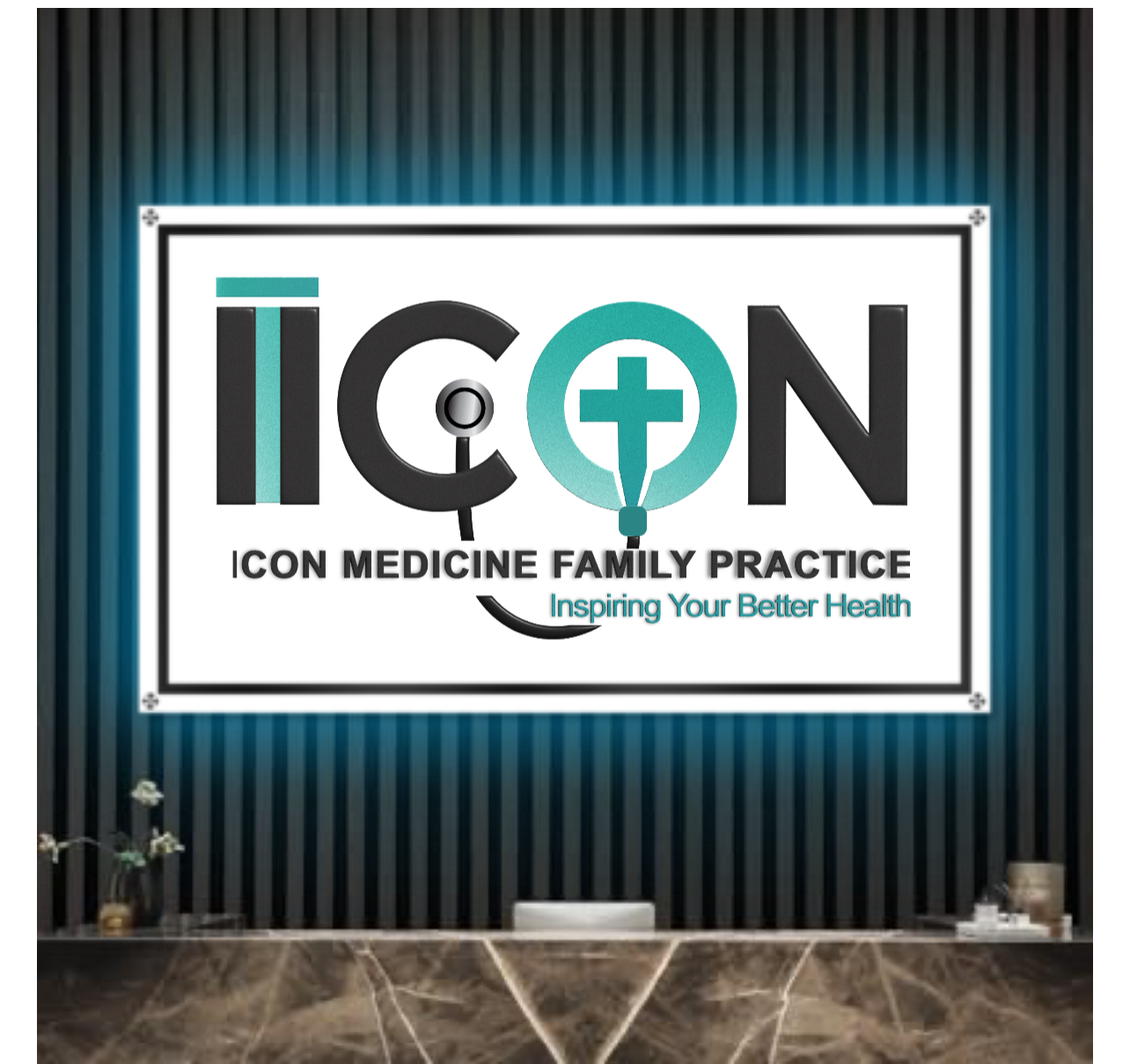Understanding the complex relationship between recovery and addiction is essential for anyone embarking on the journey toward a healthier life. Addiction is often described as a chronic disease that affects the brain’s structure and function, leading to compulsive behaviors and substance use despite harmful consequences. Recovery, on the other hand, is a multifaceted process that involves not just the cessation of substance use, but a holistic transformation in one’s lifestyle.
Key elements that form the foundation of recovery include:
- Personal Commitment: A genuine desire to change is crucial. Individuals must recognize the need for assistance and commit to their recovery journey.
- Support Systems: Engaging with supportive friends, family, and professional help enhances the recovery process. Support groups can provide a sense of community and accountability.
- Therapeutic Interventions: Various treatment options, including counseling, medication-assisted treatments, and behavioral therapies, are available to address the psychological and physiological aspects of addiction.
At Icon Medicine Family Practice, we prioritize patient needs and offer a range of innovative healthcare services tailored to those seeking help with addiction. By breaking down traditional barriers, we ensure that high-quality, personalized care is accessible to everyone. Book an appointment at iconmedicine.com to begin your recovery journey today!
The Importance of Seeking Professional Help

When facing the challenges of recovery and addiction, seeking professional help is paramount. Addiction can significantly alter an individual’s mental and physical health, making it difficult to navigate the path to recovery alone. Professional support provides essential guidance, knowledge, and resources that individuals may not possess individually.
Here are some reasons why professional help is crucial:
- Expert Guidance: Professionals in addiction treatment have the training and experience to understand the complexities of addiction. They can tailor treatment plans to meet the unique needs of each individual.
- Safe Environment: Professional settings provide a safe space for individuals to explore their feelings and confront underlying issues related to their addiction without judgment.
- Access to Resources: Addiction treatment often requires a multifaceted approach, including therapy, medication, and lifestyle changes. Professionals can connect individuals with these necessary resources.
- Monitoring Progress: Regular check-ins with healthcare providers help track progress, making it easier to adjust treatment plans as needed and maintain motivation.
Recognizing the importance of professional help can be a turning point in the recovery journey, setting individuals up for long-term success.
Effective Strategies for Overcoming Addiction

Overcoming addiction is a multifaceted process that requires a combination of strategies tailored to an individual’s specific circumstances. While the journey may be fraught with challenges, implementing effective strategies can significantly enhance the likelihood of success. Here are some proven methods for tackling addiction:
- Establishing a Support Network: Surrounding oneself with supportive friends, family members, or support groups can provide encouragement and understanding. Sharing experiences with others who have faced similar challenges can foster a sense of belonging.
- Engaging in Therapy: Various therapeutic approaches, such as cognitive-behavioral therapy (CBT) or motivational interviewing, can help individuals understand the root causes of their addiction and develop coping mechanisms to address triggers.
- Setting Realistic Goals: Breaking down the recovery journey into manageable steps can help prevent feelings of overwhelm. Setting achievable milestones allows individuals to celebrate small successes along the way.
- Practicing Mindfulness and Stress Management: Techniques such as meditation, yoga, and deep-breathing exercises can help individuals manage stress and anxiety, which are often triggers for relapse.
- Focusing on Physical Health: Engaging in regular physical activity and maintaining a balanced diet can boost mood and energy levels, enhancing overall well-being and supporting the recovery process.
By incorporating these strategies into their recovery plan, individuals can build resilience and empower themselves to overcome addiction.
Building a Supportive Recovery Community

Creating a supportive recovery community is essential for individuals navigating their journey to overcome addiction. This community provides a safe space where members can share their experiences, challenges, and triumphs, ultimately fostering a sense of belonging and accountability. Here are some key components to consider when building a supportive recovery community:
- Peer Support Groups: Participating in peer-led support groups, such as Alcoholics Anonymous (AA) or Narcotics Anonymous (NA), can be incredibly beneficial. These groups create an environment where individuals can relate to one another, share their stories, and learn from each other’s experiences.
- Family Involvement: Involving family members in the recovery process can enhance support. Educational programs for families can help them understand addiction and develop healthier communication strategies to support their loved ones effectively.
- Community Events: Organizing social events or activities within the community can help individuals connect in a positive, sober environment. These events can include workshops, recreational activities, or even volunteer opportunities that promote togetherness and shared purpose.
- Online Support Platforms: For those who may not have access to local support groups, online forums and social media groups can serve as valuable resources. They allow individuals to connect with others in recovery, share advice, and receive encouragement from a broader audience.
By fostering a strong recovery community, individuals can better navigate the complexities of addiction and find the motivation needed to sustain their recovery journey.
Maintaining Long-Term Recovery Success
Achieving recovery from addiction is a significant milestone, but maintaining long-term success requires ongoing commitment and effort. Several strategies can help individuals stay on track and continue to thrive in their recovery journey:
- Establishing a Routine: Creating a daily routine can provide structure and stability, which are essential for long-term recovery. Incorporating healthy habits such as regular exercise, balanced nutrition, and sufficient sleep can enhance overall well-being.
- Setting Realistic Goals: It’s important to set achievable, measurable goals that can motivate individuals to stay focused. Whether these goals relate to personal growth, career aspirations, or relationship building, having clear targets can foster a sense of purpose.
- Continuous Education: Engaging in ongoing education about addiction and recovery can deepen understanding and awareness. Attending workshops, reading literature, or participating in recovery-focused courses can equip individuals with tools to handle challenges.
- Building a Strong Support Network: Staying connected with a supportive community is crucial. Regular check-ins with friends, family, or support groups can provide encouragement and accountability, helping individuals remain committed to their recovery.
- Mindfulness and Stress Management: Practicing mindfulness techniques such as meditation, yoga, or deep-breathing exercises can help manage stress and prevent relapse. These practices enhance self-awareness and emotional regulation, which are vital for maintaining recovery.
By focusing on these strategies, individuals can cultivate a fulfilling life in recovery, empowering them to overcome obstacles and celebrate their progress.
Embracing Life After Addiction Recovery
![]()
Life after addiction recovery is a transformative journey filled with new opportunities and experiences. Embracing this new chapter involves adopting a positive mindset and actively engaging in activities that promote personal growth and fulfillment. Here are some ways to fully embrace life after recovery:
- Rediscovering Passions: Recovery offers the chance to reconnect with hobbies and interests that may have been neglected during the cycle of addiction. Whether it’s painting, hiking, or cooking, engaging in activities that bring joy can foster a sense of purpose.
- Building Healthy Relationships: Establishing and nurturing relationships with supportive individuals is essential. Surrounding oneself with positive influences can help reinforce recovery goals and provide a sense of belonging.
- Contributing to the Community: Giving back can be an incredibly rewarding experience. Whether through volunteering, mentoring others in recovery, or participating in community events, contributing to the greater good can enhance self-worth and connection.
- Setting New Goals: Embracing life after addiction involves setting new personal and professional goals. This could include pursuing education, advancing in a career, or even traveling. New goals provide direction and motivation for a fulfilling life.
- Practicing Self-Care: Prioritizing self-care is vital for maintaining emotional and physical health. This can include regular exercise, healthy eating, and taking time for relaxation and reflection.
Life after addiction recovery is not just about staying sober; it’s about thriving. By focusing on personal growth and building a supportive network, individuals can embrace a vibrant, fulfilling life. If you’re ready to take the next step in your recovery journey, book an appointment with us today!







Leave a Reply